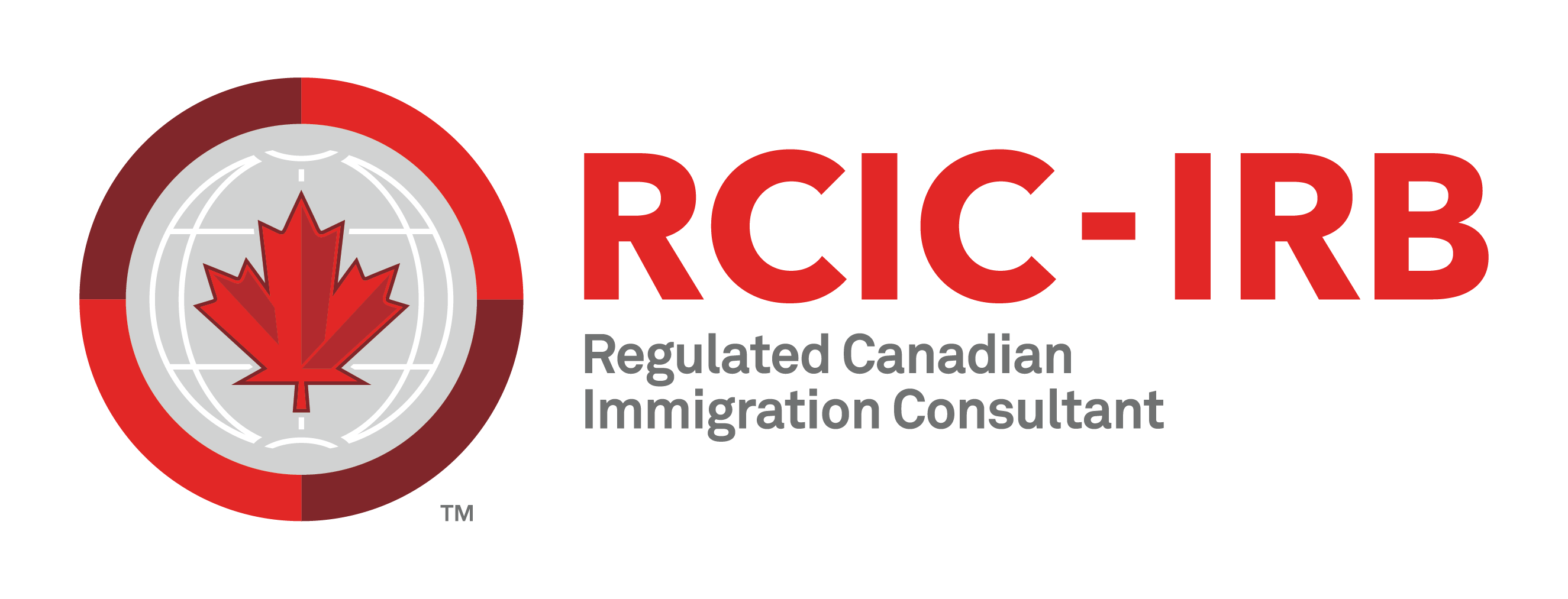Challenges in Canadian Immigration faced by foreign nationals
Canada is widely known for its welcoming attitude towards immigrants from all over the world, and it is not difficult to see why. With its stable economy, high standard of living, and multicultural society, Canada is often considered a desirable destination for many foreign nationals seeking better opportunities for themselves and their families. As a popular destination for immigrants, Canada prides itself on being an inclusive and diverse country. However, the process of immigrating to Canada is not always a smooth one, and many foreign nationals experience various challenges in the immigration process. These challenges can make the process of immigrating to Canada more difficult and time-consuming than many applicants may initially expect. In this opinion article, we will explore some of the key challenges faced by foreign nationals when immigrating to Canada and potential solutions to address these issues.
One of the most significant challenges that foreign nationals face is the lengthy and complicated application process. The immigration system in Canada is known for its stringent requirements, and applicants must meet strict eligibility criteria. Despite the Canadian government’s efforts to streamline the immigration process, many applicants still face long wait times for their applications to be processed. The process can take several months or even years, and the constant uncertainty can cause anxiety and stress for applicants. The process involves multiple stages, including the application for a visa or permit, submission of documents, and medical and security checks. This can be particularly frustrating for applicants who are eager to begin their new lives in Canada and may have already made plans to relocate. Moreover, there is no guarantee that an application will be approved, even if all the criteria are met.
Another significant challenge for foreign nationals seeking to immigrate to Canada is the complex and often-changing immigration regulations, making it difficult for applicants to keep up with the latest updates and requirements. The Canadian government has a wide range of immigration programs that cater to different types of immigrants, such as skilled workers, students, and refugees. Each of these programs has its own set of eligibility requirements, application processes, and timelines, which can be confusing for applicants to navigate. The Canadian government has introduced several changes to its immigration policies, such as updates to the Express Entry system, which manages the applications of skilled workers, and the Global Talent Stream, which facilitates the hiring of foreign talent by Canadian companies.
Foreign nationals face a major challenge in regard to the cost of immigrating to Canada. The process can be quite expensive, with applicants having to pay fees for various stages of the application process, such as visa applications, language proficiency tests, medical exams, and more. The high cost can be a significant barrier for many applicants, particularly those from developing countries or with limited financial resources. For example, the fees for a family of four to apply for permanent residency in Canada can run into thousands of dollars, not including the costs of other necessary expenses such as medical exams and language tests.
The language barrier is another common challenge faced by foreign nationals in Canada. English and French are the official languages in Canada, and proficiency in one or both of these languages is essential for applicants seeking to immigrate to Canada. While many foreign nationals have some level of proficiency in these languages, some may struggle to meet the language requirements, particularly if they come from non-English or non-French speaking countries.
Another significant challenge that foreign nationals face is the difficulty in finding employment in Canada. While Canada has a strong job market, finding a job as a foreign national can be challenging. Some employers may not recognize foreign credentials or experience, making it difficult for immigrants to find work in their field of expertise. The lack of Canadian work experience can also be a challenge for newcomers. Moreover, the need to navigate the Canadian job market, including creating a resume, networking, and job searching, can be difficult for those unfamiliar with the Canadian job market.
In addition to these challenges, foreign nationals in Canada may also experience social isolation and cultural differences. Some newcomers may experience difficulty adjusting to Canadian life. Despite Canada’s reputation as a multicultural society, immigrants may still face discrimination, language barriers, and difficulties finding employment in their fields. Furthermore, the high cost of living in many Canadian cities can make it difficult for newcomers to establish themselves and achieve financial stability. The lack of a support system or community can make it challenging for immigrants to connect with other people and may lead to feelings of isolation.
To address these challenges, Canada can take several steps to support foreign nationals in the immigration process. One potential solution is to simplify the immigration process and make it more accessible to applicants. By reducing the complexity of the application process, Canada can make the immigration process less daunting and time-consuming. Canada can also provide financial assistance to those who may struggle to afford the cost of immigration, particularly those from developing countries.
To address the language barrier, Canada can provide additional language training and resources for immigrants to improve their English or French proficiency. This could include offering language classes, online resources, or mentorship programs to help newcomers improve their language skills.
To address the challenge of finding employment, Canada can provide resources to help immigrants navigate the job market. This could include job placement services, career coaching, or mentorship programs to help newcomers build their professional networks and gain Canadian work experience. Moreover, Canada can provide more support for employers to recognize and accept foreign credentials and experience.
Finally, to address social isolation and cultural differences, Canada can offer additional support to immigrants to help them connect with other people and build their social networks. This could include providing access to community events, mentorship programs, and cultural integration programs to help newcomers adjust to Canadian life.
Despite these challenges, there are several reasons to be optimistic about Canada’s ability to meet its immigration goals. First, the Canadian government has introduced several measures to address the impact of the pandemic on immigration. For example, Canada has introduced new programs to allow essential workers and international graduates to obtain permanent residency more quickly. In addition, Canada has increased the number of spots available for certain immigration programs, such as the Provincial Nominee Program, which allows provinces to nominate individuals for permanent residency based on their specific needs.
In conclusion, while Canada’s immigration system is often considered one of the most open and welcoming in the world, it is not without its challenges for foreign nationals. The complex and frequently changing immigration regulations, long processing times, high costs, and integration challenges can all make the immigration process more difficult and stressful for applicants. However, there are also reasons to be optimistic. The COVID-19 pandemic has certainly had an impact on immigration levels, but the Canadian government has introduced several measures to address this issue. While the Canadian government has made efforts to improve the immigration system, there is still room for further improvements to make the immigration process more efficient and accessible for all.
It remains to be seen if Canada will hit its target of welcoming 500,000 foreign nationals as permanent residents, and there is no doubt that immigration will continue to play an important role in Canada’s economic and social development.
For all your Canadian immigration needs, we are here to help. Book a consult today with Al Dar Immigration Services.
Website: https://www.aldar.ca
Email: info@aldar.ca
Phone #: +1 807-356-1731


